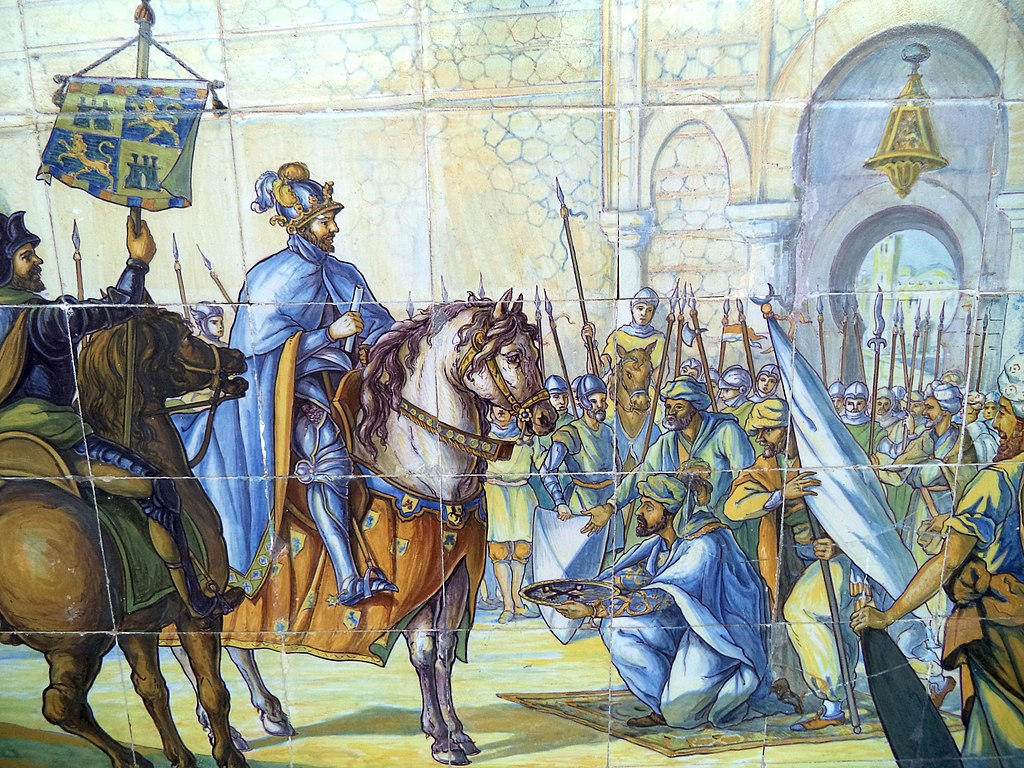The Christian reconquest of Lisbon began in June 1147, coinciding with the Second Crusade. Pope Eugenius III had initiated the Second Crusade to reclaim the Holy Land from the Muslims, following the fall of Edessa in 1144. It was during this time that King Afonso I of Portugal (Afonso Henriques) joined forces with the crusaders, who sought both glory and plunder.
King Afonso I had already proven himself a formidable adversary to the Moors, having conquered cities like Santarém and Leiria. Recognizing the opportunity to seize Lisbon, he welcomed the support of the crusaders, as well as discontented Christians and Jews living under Moorish rule. In exchange for their assistance, he promised the crusaders a share of the spoils and indulgences for their participation.
Lisbon.vip Recommends
The fall of Lisbon marked a resounding victory for King Afonso I and the Christian cause in Portugal. This significant event not only signaled the end of Moorish dominance in central Portugal but also established Lisbon as the capital of the new kingdom. The conquest further elevated the status and prestige of the crusaders, who either continued their pilgrimage to the Holy Land or returned home with substantial spoils.
The reconquest of Lisbon was hailed as a miraculous achievement by contemporary chroniclers and poets, who marveled at the resilience and determination displayed by the Christian forces. This remarkable feat showcased the strength and resolve of the Christian kingdoms, proving their ability to challenge and overcome the Muslim powers in al-Andalus. Moreover, it demonstrated that the spirit of crusading extended beyond the Holy Land, encompassing other regions where Christians battled against Muslim rulers.
The reconquest of Lisbon holds profound historical and cultural significance for Portugal. It solidified the nation's identity and served as a pivotal moment in its storied history. The memory of this achievement endures as a reminder of the strength, valor, and unwavering spirit that shaped Portugal's destiny. The reconquest of Lisbon stands as an indelible milestone in the broader tapestry of the Reconquista and the Iberian Peninsula's historical legacy.



